To make a negative sentence in English with To Have and To Go we use Don't or Doesn't followed by Have or Go (never Has or Goes) Affirmative You have a pen Negative You don't have a pen You will see that we add don't between the subject and the verb We use Don't when the subject is I, you, we or theyProceed We will go Why is 'go to' used in the first sentence and not the second?
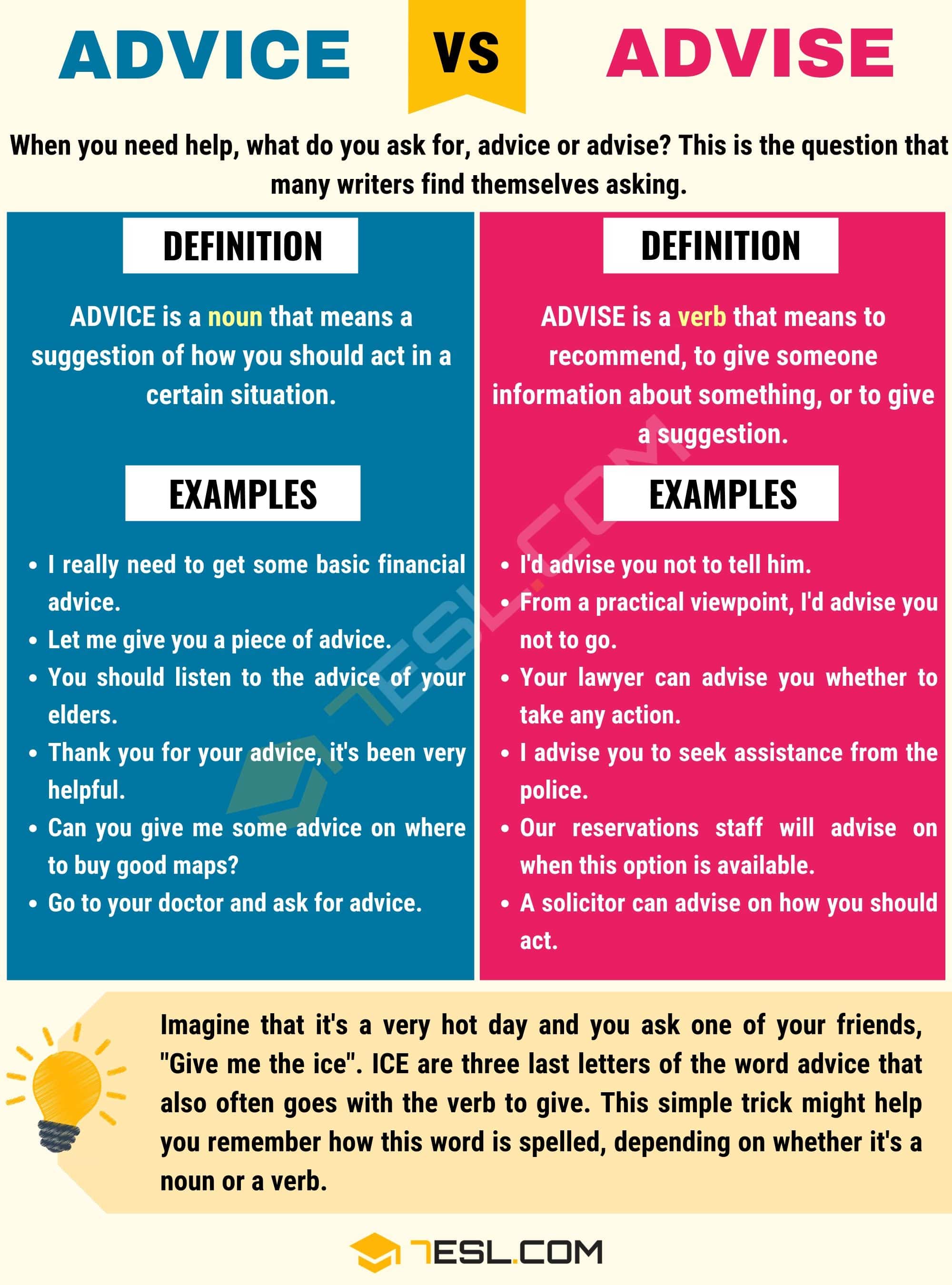
Advice Vs Advise Difference Between Advise Vs Advice With Examples 7esl
Difference between go and goes
Difference between go and goes- Going is the gerund going and is used in all the persons with the verb to be, example I'm going, You're going, He's going, She's going, It's going, We're going, They're going And goes is use for the 3th person in simple, He goes, She goes and It goes See a translation Report copyright infringementGet and go are both used to mean 'become', but they combine with different adjectives We often use get with words like dark, light and late;




What Is The Difference Between Job And Work Learn English With Harry
Go home and he goes home as synonyms k7pqr9p5 Please try again in a few minutes Unfortunately, the requested page is unavailable, inaccessible, unreachable at this moment We are implementing service updates in order to make it better for our users In comparison, the Oculus Quest has twin OLED displays which have richer colors and deeper blacks than the Oculus Go's, but do suffer more from ghosting in highcontrast scenes They each have aThey also make errors between go action and go to place As I examine the phrases that use go gerund, I find that they require a person to go to another location in order to do the action go shopping (you have to go to a store) go fishing (you have to go to a body of water) go skiing (you have to go to a mountain or ski resort
We also use go for noun when we show the purpose of the movement I go for pizza all the time Let's go for lunch; Read through the 14 sentences and complete them using the following words go, goes, going, went or gone This is basic English; In the first sentence, "go for" is a phrasal verb that means to make an attempt at In the second sentence, the verb is simply "go" and "to" appears as a preposition that introduces the destination where the subject will arrive as a result of performing the intransitive action of the verb
A balance sheet provides both investors and creditors with a snapshot as to how effectively a company's management uses its resources A profit and loss (P&L) statement summarizes the revenuesHowever, it often falls under the classification of a misdemeanor Therefore, many people convicted of driving under the influence go to jailWhat is the difference if we omit 'to' in the first sentence?



Common Errors In Spoken English Go Goes Going Went Or Gone Learn English Mistakes Misused Grammar English



What Is The Use Of Go And Goes In Grammar Quora
Go – The present tense form of the verb (the action of "going" is happening NOW) I will go out soon Let's go fishing tomorrow We used to go dancing on the weekend Went – The past tense of this verb (the action of "going" is finished and over with) We went to Spain last year The baby to sleep an hour agoGo, goes, going definition at Dictionarycom, a free online dictionary with pronunciation, synonyms and translation Look it up now! From what you described, if the go gages fits but does not fit with one piece of scotch tape on the head end then that is about perfect To answer your original question about the differance The no go gage is longer and if it goes in the chamber you are too loose
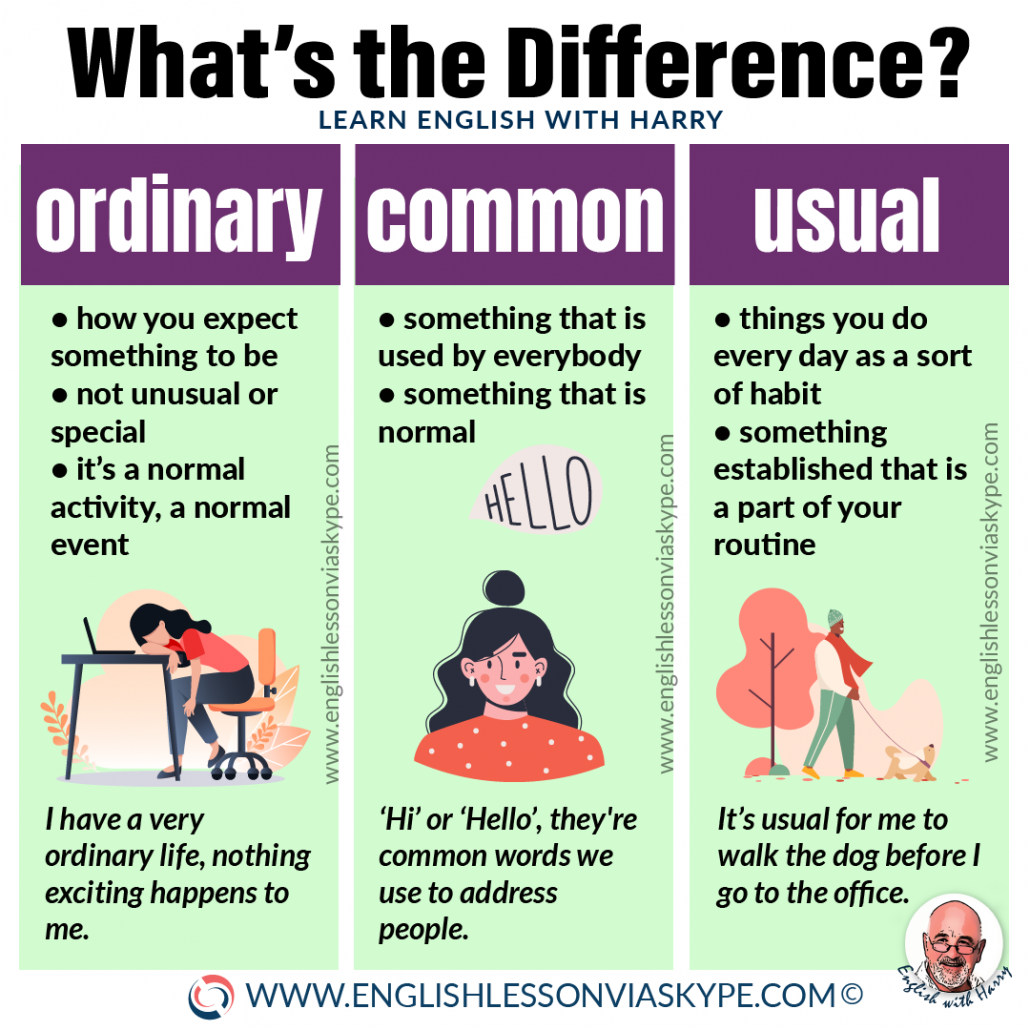



Ordinary Normal And Usual What Is The Difference English With Harry




Advice Vs Advise Difference Between Advise Vs Advice With Examples 7esl
Get a clear definition of jail vs prison using examples Reference someone caught drunk driving goes to jail Drunk driving is still a criminal act;5 (go into something) to start an explanation or statement, especially a long and boring one He went into a long rant about the high price of petrol Synonyms and related words To make something easier to understand explain define put acrossGo by (something) a to be guided or directed by (something, such as a rule) That's a good rule to go by more examples hide examples Example sentences Hide examples b to form an opinion from (something) She may be guilty but we have very little evidence to go by




What Is The Difference Between Here We Go And There We Go English Language Usage Stack Exchange




People Went To Dell For The Computers But They Go To Apple For Everythinga Thata S The Difference Between A Transactional Company And A Transformational One Brian Chesky
TSA PreCheck® provides expedited security screening benefits for flights departing from US Airports Global Entry provides the TSA PreCheck® benefit plus expedited US customs screening for international air travelers when entering the United States TSA PreCheck® costs $85 and Global Entry costs $100 for a five year membership Travelers interested in Global Entry must applyI want to go to the store;Go goes going gone went I don't know without saying, is a good source of information 4 In the theatre the lights go goes going gone went I don't know down and the curtain rose on an empty stage 5 When the lights go goes going gone went I don't know




Leadership Vs Management Understanding The Key Difference




What Is The Difference Between Graphene Oxide Go And Reduced Graphene Oxide Rgo Techinstro
We use go with colours and words with negativeThe word 'Go' can be used both as a verb and as a noun The usage as a verb Go means to move from/to a particular place Both 'go' and 'goes' are in simple present tense 'Go' is used in plural number and 'Goes' is used in Singular number Go and Goes are both derived from a verb frm which is "go" The form "go" in most of the cases is used in subjective singular and plural




3 Difference Between Make And New In Go Dev Community




Never Split The Difference Free Audio Books Online Audio Book R
What's the difference between jail and prison?Click for the text form https//bitly/39a1iRzFor more quizzes wwwenglishtestblogcompresent simple I / you / we / they gohe / she / it goespast simple went Top Answerer Use "go" or "come" according to the perspective of the writer or speaker In your example, the writer will go to rather than come from the other person The other person might say, "I'll be glad when you come to me" In other words, movement away from the speaker is "going";




Difference Between Travel Trip And Journey Pdf




Go Vs Php Top 5 Important Differences With Infographics
As verbs the difference between go and goes is that go is to move while goes is (go) As nouns the difference between go and goes is that go is (lb) the act of going or go can be (board game) a strategic board game, originally from china, in which two players (black and white) attempt to control the largest area of the board with their counters while goes is A simple way to differentiate the two, differences between UK and American English notwithstanding, is that "go for" is a more active expression, and "go with" is a passive expression They can broadly end up meaning the same thing, but each provides some descriptive context for the person performing the actionI did go to the store Going is the present participle or the gerund It is normally used either when the verb is used in the place of a noun ( going to the store is fun) or to form progressive tenses (I am going to the store)




Whats The Difference Between The Two Following Sentences




Solved How To Spell Goes How Co
However, I often hear English learners using the wrong verbs when speaking Take a moment to look at the context of each sentence before making your choice 2 options are possible for question 7Ken goes for a haircut every other week We use go in to mean enter When I go in there I always enjoy the atmosphere Let's go inUse/spend/eat something practise something have quick thought/idea perform regular actions follow official system 1 transitive (go through something) to examine or search something very carefully Someone had broken into the office and gone through all the drawers Collins went through every legal book she could find



Lesson 9 The Difference Between Come And Go In Japanese Lingocards




Going Green At Work Small Changes Can Make A Big Difference Utah Department Of Environmental Quality
The object of the game of go is, in rough terms, to control more territory at the end of the game than one's opponent does Elements of the game Players Rule 1 Go is a game between two players, called Black and White The choice of black or white is traditionally done by chance between players of even strengthGoes missing and go away as synonyms k7pqr9p5 Please try again in a few minutes Unfortunately, the requested page is unavailable, inaccessible, unreachable at this moment We are implementing service updates in order to make it better for our users Please be assured that we are doing our best to bring Power Thesaurus back as soon as possibleTouchandgo landing In aviation, a touchandgo landing ( TGL) or circuit is a maneuver that is common when learning to fly a fixedwing aircraft It involves landing on a runway and taking off again without coming to a full stop Usually the pilot then circles the airport in a defined pattern known as a circuit and repeats the maneuver



What Is The Difference Between I Will And I Am Going To Learn English Differences Tenses Grammar English
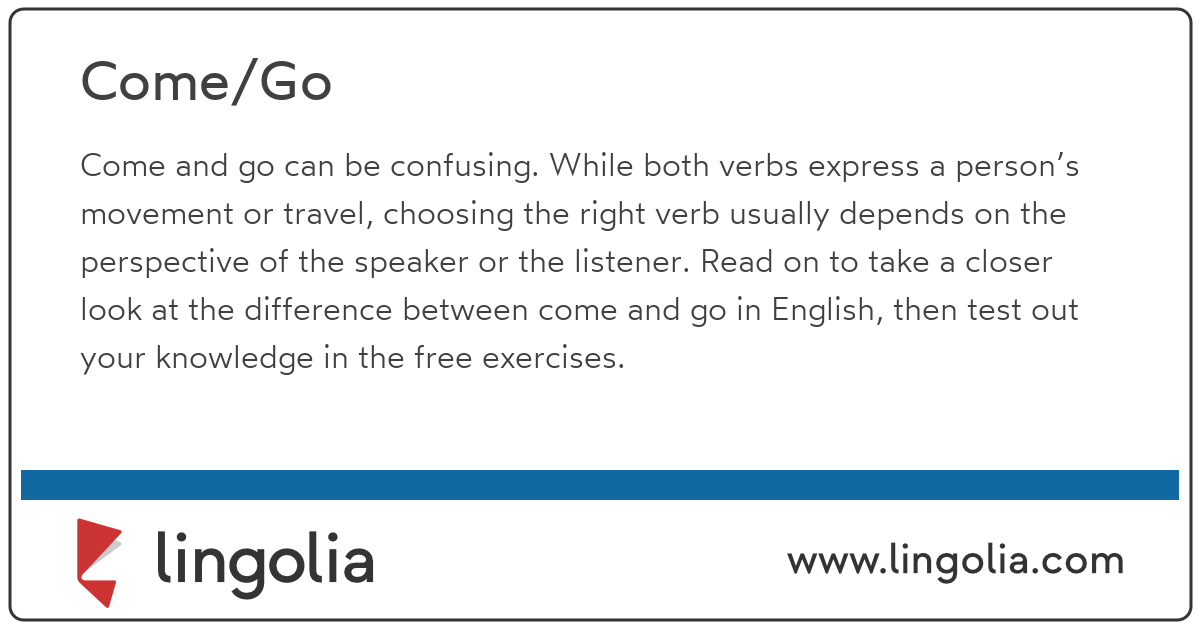



Come Go
Define go with go with synonyms, go with pronunciation, go with translation, English dictionary definition of go with v went , gone , go·ing , goes v intr 1 To move or travel;Refrain Go make a diff'rence We can make a diff'rence Go make a diff'rence in the world Go make a diff'rence We can make a diff'rence Go make a diff'rence in the world1 We are the salt of the earth, called to let the people see the love of God in you and me We are the light of You buy an item, and a few days later, it goes on sale It can be an annoying experience But some retailers will refund you the difference in price Kiplinger put together a




Difference Between Gone To Build Up Your English




Something That Made A Difference In My Life By Alena Woodside
So, go is any action that is away from the speaker, whereas come is the opposite, it's an action that is towards the speaker All right, so let me give you a few examples to help you clarify this difference so that you won't make this mistake anymore 1 Are you going to the party?Use of singular and plural verb forms in Present Simple Tenseour website http//alpedugrowcom/join us on fb https//wwwfacebookcom/alphamirpurhp/?ref=bookAre you coming to the party?




What Is The Use Of Go And Goes In Grammar Quora



Go On Make A Difference Picture Quotes
When discussing earnest money vs down payments, another key difference is where cash from each ends up in the closing process Money that is designated for earnest payment goes into an escrow from the time an account is open to the close This would be an odd thing to say, but would be understandable It's odd, because one rarely wants to go to just any airport It's not like a supermarket where you can find pretty the same stuff whichever one you go to You need to go to the airport which has the flight for which you have ticketsGo present simple use the infinitive I need to go and wash the car Goes present simple third person/voice, best way to explain this is an habitual action He goes to the car wash once a week Going present simple continuous I'm going to the car wash, present continuous third person/voice He's going to the car wash Gone




Difference Between Podcasts And Audio Files




Difference Between Do Play And Go English Lessons With Inlingua Vancouver Youtube
difference between (word go and word goes) word goIt is first form of verb It is singular and word goesIs not verb lt is a only word The word GoIt is use for (I,You,We,They) The word GoesIt is use for (He,She,Or Any name) 0 Upvotes 0 DownvotesProceed We will go by bus Solicitors went from door to door seeking donations Go definition of go by The Free DictionaryGo yoga?' We use the verbs play, do and go with sports and activities Here is the information you need to know to use them correctly play Play is used with ball sports or competitive games where we play against another person 'How often do you play tennis?' tennis is a ball sport 'I play poker with my friends on Friday night' poker is a




Differences Between Gerund And Present Participle English Grammar
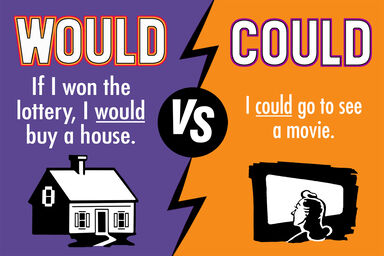



Ways Of Using Would Vs Could Correctly
Difference Between Went and Gone Went vs Gone The differences between "went" and "gone" are that "went" is used for the simple past tense For example He went to school "Gone" is used in two different tenses It is used in the present perfect tense with "has" For example He has gone to school It is also used in the CalifJimSpecial thanks 'go or goes'(I think go)A special "thanks" 'go or goes' (Goes)A special "thank you" 'go or goes' (Goes)Thank you very much, CJ So for the example that you skipped since it is not grammatical, the article has to be included at the beginning just due to the sentence not being possible when using the singular 'goes', which is shown in the previousMovement toward the speaker is "coming"




What Is The Difference Between Come And Go




Will Vs Be Going To Ways Of Talking About The Future What S The Difference
For nonprofit corporations, the articles of incorporation and bylaws are both key corporate documents However, there can be confusion about the difference between the two, and the different purposes they serve We'll go over the high points of each here, and give some recommendations on structuring Articles of IncorporationDefine go go synonyms, go pronunciation, go translation, English dictionary definition of go v went , gone , go·ing , goes v intr 1 To move or travel; Come and Go We use come to talk about movements to the place where the speaker or the listener is 'John, will you come here' 'I'm coming ' (NOT I am going) (Here we are talking about movement to the place where the speaker /




Dart Vs Go Top Differences Between Dart Vs Go




Different Between Goodbye And Letting Go Sparkling Music
The difference is that we usually use "go" when talking about leaving for a certain place, and we use "get" when talking about arriving at that place For example I usually go home at 800 and get home at 845 Come on!When used as nouns, get means offspring, whereas go means the act of going When used as verbs, get means to obtain, whereas go means to move through space (especially to or through a place) check bellow for the other definitions of Get and Go Get as a verb (ditransitive) English (US) Near fluent Both means 'to go' Go used after subject of I, you, we, they Goes used after subject of he, she, it
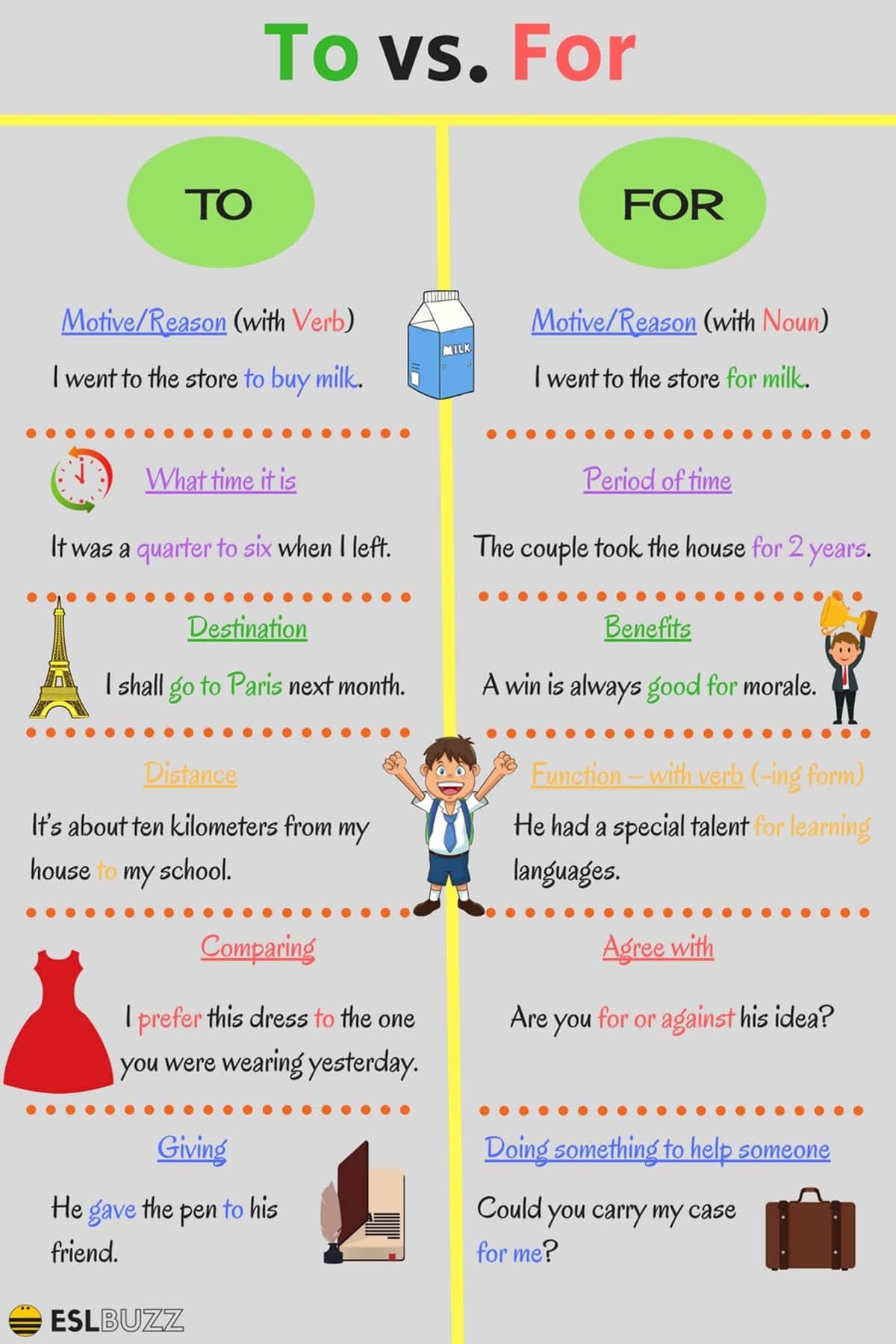



What S The Difference Between To And For With Useful Examples Eslbuzz Learning English




Go Vs Rust What S The Difference Which Is Better And Why
Who Does the Money Go To?1 You can omit 'to' after 'go' It's a common enough expression even though the road stays in the same place and doesn't actually go anywhere It means 'Where does this road lead to?' 2 This is a different meaning of 'go'




Come And Go How To Use Come Vs Go Correctly Eslbuzz Learning English Confusing Words Commonly Confused Words Learn English



The Difference Between Ir And Irse Colombia Immersion




The Infamous No Go Gage 15 01 01 Quality Magazine




Will Vs Going To Differences Between Will And Going To 7esl English Grammar Grammar Grammar Rules




What Is The Difference Between Job And Work Learn English With Harry
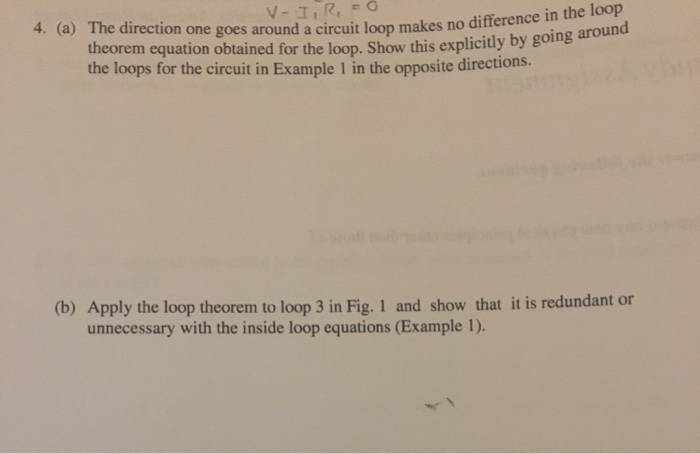



4 A The Direction One Goes Around A Circuit Loop Chegg Com
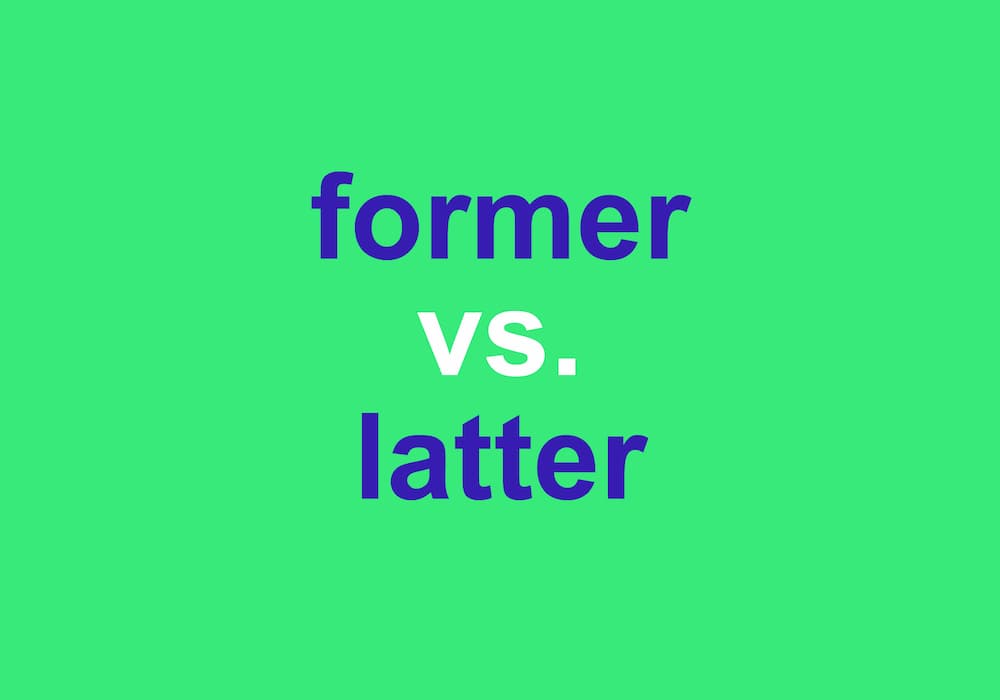



Former Vs Latter What S The Difference Dictionary Com



Cyberbullying Storyboard Par Manna9




What Is The Difference Between Graphene Oxide Go And Reduced Graphene Oxide Rgo Microdispersion




Present Simple Tense Go Goes Forms Difference Youtube




The Difference Between Improve Your English Lesson 12 Come And Go Lesson 12 01 Helena Daily English




Present Perfect Simple Gone Been The Difference English Esl Worksheets For Distance Learning And Physical Classrooms
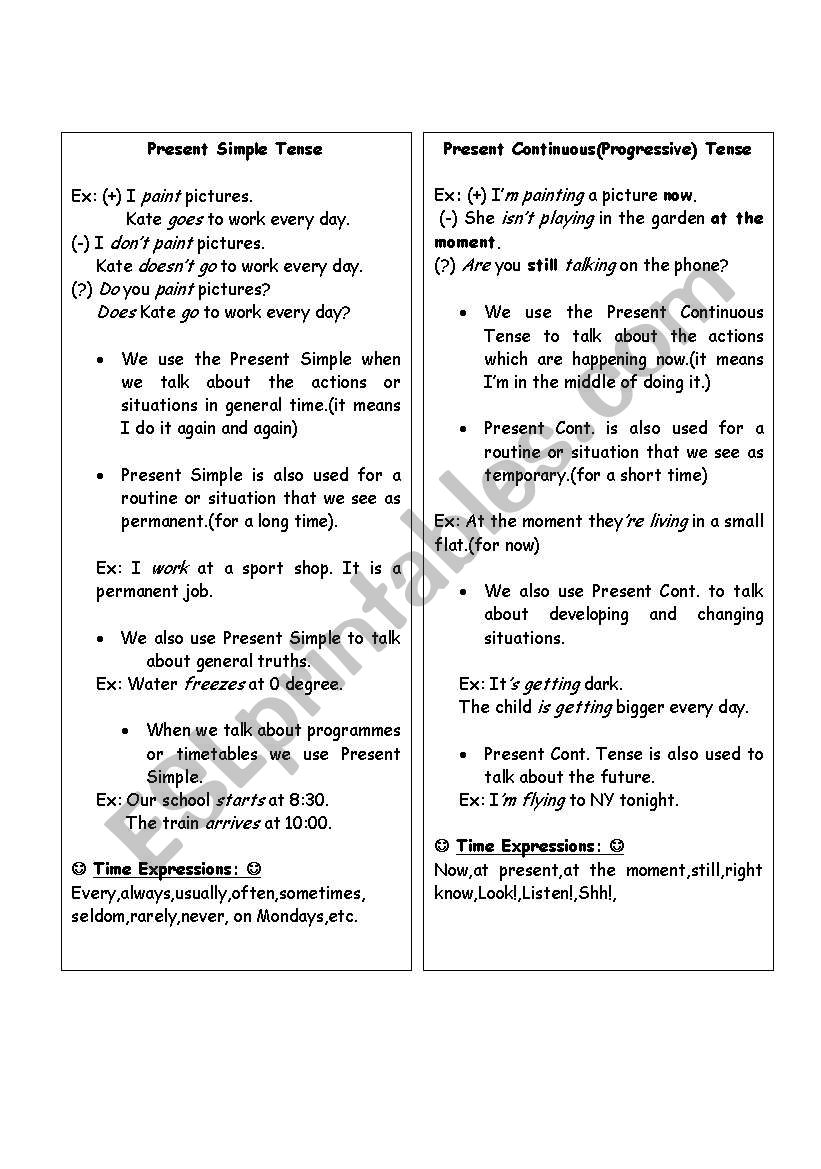



Present Simple And Continupus Differences Handout Esl Worksheet By Ssera




Whats The Difference Between The Two Following Sentences




What S The Difference Between Moving On And Letting Go Mcd




Go Back Or Come Back What S The Difference Talkin Town English



1




42 English Ideas Learn English English English Grammar




Top 42 Brian Chesky Quotes Airbnb




Come And Go




Go Went Gone What S The Difference Learn With Examples Youtube




Come And Go How To Use Come Vs Go Correctly Eslbuzz Learning English




Difference Between Civil And Criminal Crime Violence Crime Thriller




Gerund Inf Difference In Meaning Remember Regret Forget




Go And Visit Go और Visit म क य अ तर ह Go And Visit Difference Difference Go And Visit Youtube




What Is The Difference Between Google Assistant And Amazon Alexa Coolblue Anything For A Smile



What Is The Difference Between Pokemon Go And Pokemon Let S Go Quora




Big Change Campaign Makes A Difference Squared To The Power Of You



What Is The Difference Between I Ve Got To Go And I Ve Got To Get Going I Ve Got To Go Vs I Ve Got To Get Going Hinative




Abstract Vs Introduction Do You Know The Difference Enago Academy



Difference Between Have To And Must Difference Between



Confusing Words Come Vs Go In English Lingocards




86 Phrasal Verbs With Go Go On Go Off Go Down Go Out 7esl



Difference Between Amazon Go And Walmart Difference Between




What Is The Difference Between Business Development And Sales Here S Your Go To Info By Ognjen Simic Medium




استاد انگلیسی در خانه شما The Difference Between Been To And Gone To In Perfect Constructions Apparently Requiring The Verb Go The Normal Past Participle Gone Is Often Replaced By The




Difference Entre Gone And Went La Langue La Difference Entre Des Objets Et Des Termes Similaires




Then Vs Than How To Use Than Vs Then Correctly 7esl



There S A Difference Between Letting Go And Pretending You Ve Picture Quotes




What Is Difference Between Go Going Gone And Goes Justlearn




American And British English What Are The Important Differences Eslbuzz Learning English British English American English Vs British English English Language Teaching




Go Went Gone What S The Difference Learn With Examples Lagu Mp3 Mp3 Dragon




Common Errors In Spoken English Go Goes Going Went Or Gone Learn English Mistakes Misused Grammar English



What S The Difference Between A Psychiatrist Psychologist And Psychotherapist Dynamic Heart Counseling




The Difference Between Subject And Object Questions Myenglishteacher Eu Blog




Microcopy The Difference Between A Good Tone Of Voice And A Great One Hampson Nattan Williams



3



Common Errors In Spoken English Go Goes Going Went Or Gone Learn English Mistakes Misused Grammar English




The Difference Between Words Come And Go English Help Online S Blog



3




Go Goes Going Went Or Gone Youtube




Chapter 3 Noticing Grammar Instruction Instruction Grammar Interpretation Activities Noticing Consciousness Raising Form Focus Vs Meaning Focus Meaning Ppt Download




Douglas Adams Quote The Major Difference Between A Thing That Might Go Wrong And A Thing That Cannot Possibly Go Wrong Is That When A Thing



Q Tbn And9gcrhjgmp3ig4bdgji8qlmiruykfgqwmq4d55hwiegonueci7zsmx Usqp Cau




Difference Between Center And Centre Compare The Difference Between Similar Terms
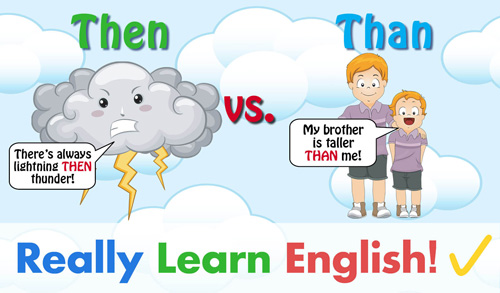



Then Vs Than What Is The Difference With Illustrations And Examples




Difference What About How About Suggestions English Esl Worksheets For Distance Learning And Physical Classrooms




The Difference Between Holding On And Letting Go By South Watson On Amazon Music Amazon Com




Go Vs Rust Which Is Better And Why




Difference Between Ago And Before Archives English Study Here




Python Vs Go What S The Difference Bmc Software Blogs




Gerund Inf Difference In Meaning Ppt Download




What Is The Difference Between Go And Goes Go Vs Goes Hinative




Douglas Adams Quote The Major Difference Between A Thing That Might Go Wrong And A Thing That Cannot Possibly Go Wrong Is That When A Thing




Difference Between Been And Gone With Table
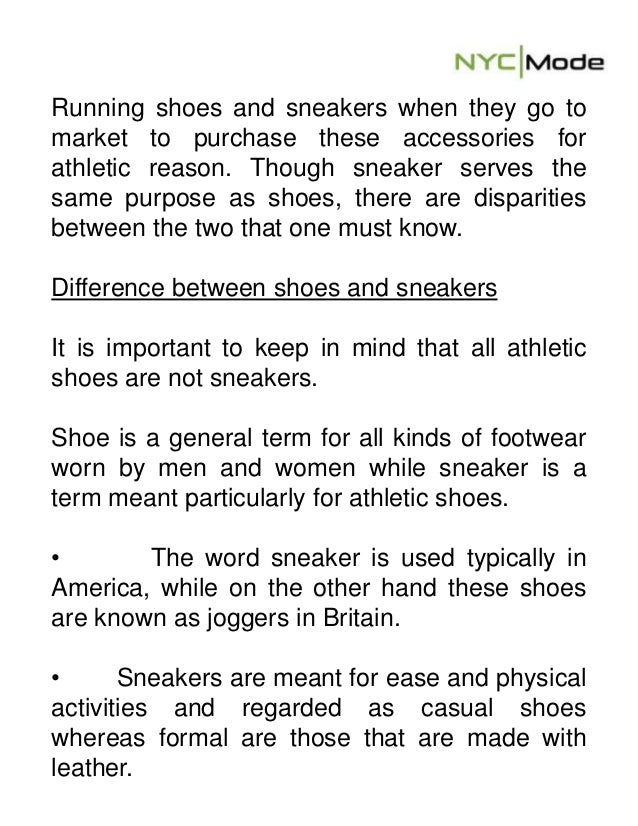



Zjlhqe5amlhm




What Is The Plural Of Go
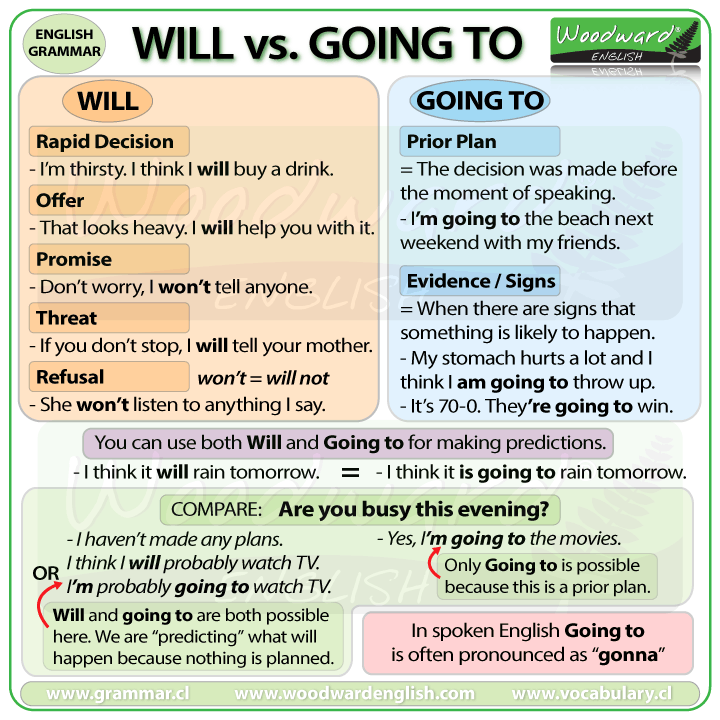



Future Tense Will Vs Going To English Grammar




What S The Difference Between Android Go And Android One




Calameo What Is The Primary Difference Between Mediation And Arbitration




English Is Fun The Difference Between Go And Play Facebook




Difference Between Went And Gone With Table



No comments:
Post a Comment